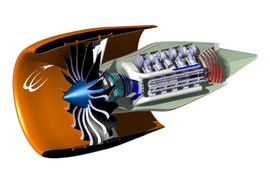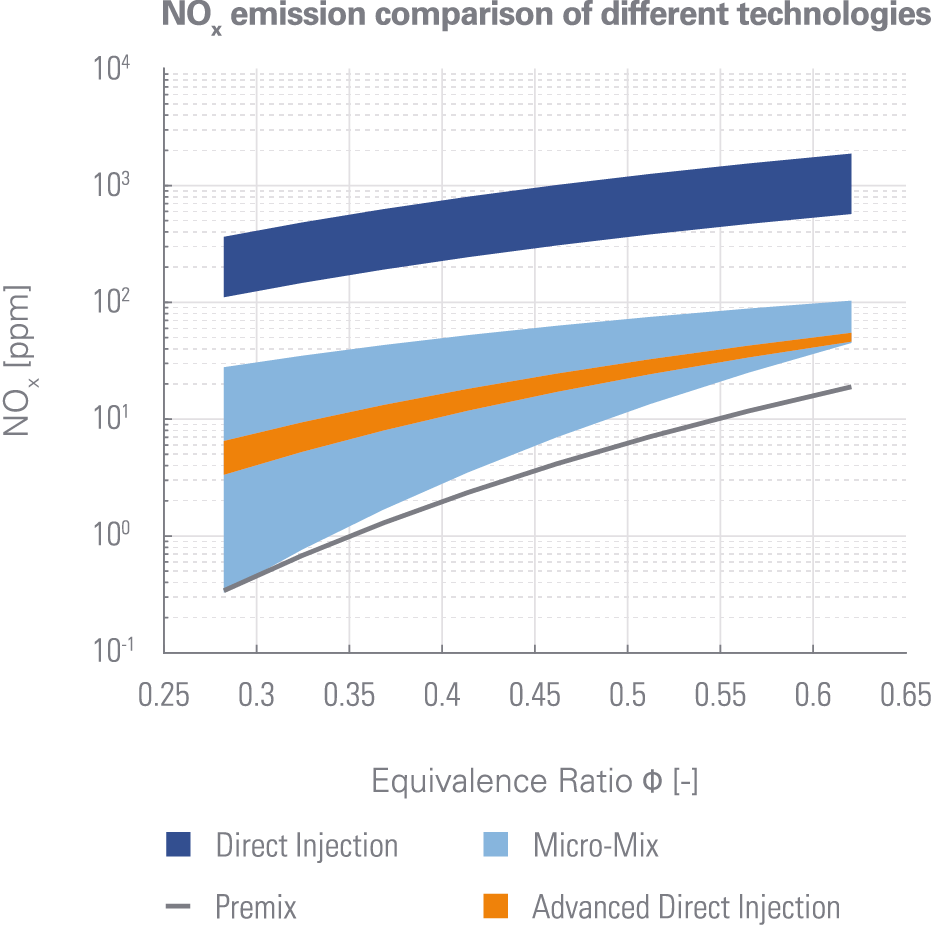As part of the EU-funded project MINIMAL, Bauhaus Luftfahrt is investigating the design of a Composite Cycle Engine (CCE) with a free-double-piston engine in various application classes with regard to minimum climate impact. The predecessor project ULTIMATE showed that the CCE is an extremely efficient propulsion concept, which is, however, associated with challenges in terms of nitrogen oxide (NOx) emissions. These are addressed in MINIMAL with a new design strategy that takes the expected climate impact of a CCE into account already at the preliminary design stage. In addition, hydrogen is introduced as an energy source for short-haul applications, so the internal methods for piston and turbomachinery performance calculation and NOx emission estimation have been further developed accordingly. Furthermore, Bauhaus Luftfahrt acts as aircraft integrator in MINIMAL and is responsible for the aircraft design of the reference systems at the current and predicted evolutionary technology level.

Determining the sensitivity of various engine design parameters to climate impact also requires modelling the fuel consumption of the global aircraft fleet and its future development. Results for five possible scenarios of air traffic development have already been made available to the project partners. The approach used to model the global air transport network is shown in Figure 2. The results obtained show that, regardless of the introduction of new evolutionary technologies and fuel-burn-optimised aircraft allocation to the routes, the annual global fuel consumption of aviation will increase by 2050. Only in the scenario of low growth in air traffic volume does a reduction seem possible without revolutionary technologies like the CCE.



